
Ketamine Program (Ketamine + Integration Coaching)
At Scottsdale Ketamine Therapy Clinic, we take a holistic and comprehensive approach to ketamine therapy. Unlike many clinics that solely administer ketamine, we emphasize the importance of integration coaching to maximize the profound effects of treatment.
Ketamine can open a window of neuroplasticity, allowing the brain to form new connections and break free from entrenched thought patterns. However, for long-term transformation, the insights gained from ketamine therapy must be understood, processed, and applied to daily life. This is where integration coaching becomes invaluable.
We have partnered with Being True to You, a leading organization in psychedelic integration. Our program sponsors three hours of personalized integration coaching, broken into five sessions, including one preparation session and four post-infusion coaching calls. This structure ensures that patients are not just experiencing ketamine’s effects but are actively using their treatment for long-term healing and self-growth.
The goal of integration coaching is simple: transformation through intentional change. Patients uncover subconscious insights during their ketamine sessions, and the integration coach helps them apply these revelations in meaningful ways, whether that means changing habits, developing new coping strategies, or fostering deeper self-awareness.
What is the Neuroplasticity Window?
One of the most compelling aspects of ketamine therapy is its ability to enhance neuroplasticity—the brain’s ability to reorganize and form new neural pathways. This window of neuroplasticity is temporary, lasting for weeks to months following treatment, and it provides a unique opportunity to make profound changes in thought patterns, behaviors, and emotional processing.
Imagine your brain as a garden. For years, certain thought patterns—negative self-talk, anxiety loops, depressive rumination—have been watered and cultivated like weeds. Ketamine therapy temporarily disrupts those patterns, creating space for new growth. But without intentional effort, the weeds return. This is where integration coaching becomes essential.
During this window, the brain is more malleable, making it an ideal time to:
- Replace negative thought cycles with healthier perspectives
- Develop new coping mechanisms for stress, anxiety, and depression
- Reinforce self-compassion and positive self-identity
- Break free from destructive habits and emotional loops
Integration coaching guides patients through this process, helping them establish sustainable and lasting changes while their brain is most receptive to transformation.
How Integration Coaching Works
The integration process is not therapy in the traditional sense—it does not diagnose or prescribe—but instead serves as a guiding process that helps individuals extract meaning from their ketamine experiences and apply it to their lives.
Step 1: Preparation
Before ketamine infusions begin, patients meet with an integration coach for a one-hour preparation session. This session helps establish intentions, provides mental frameworks for the experience, and ensures the patient understands what to expect.
Step 2: Post-Infusion Integration
Following the first ketamine session, patients engage in four additional integration calls (30 minutes each) on days 1, 2, 4, and 6 post-treatment. These sessions focus on:
- Processing the ketamine experience
- Identifying key insights from the subconscious
- Applying these insights in everyday life
- Developing personalized strategies for continued healing
Patients are encouraged to implement one new habit or mindset shift after each session to reinforce the neuroplastic changes in their brain. These changes can be as simple as daily mindfulness practice, intentional journaling, or adjusting negative self-talk patterns—small but powerful steps that, over time, lead to substantial transformation.
Step 3: Continued Support
We highly recommend ongoing integration coaching beyond the initial sessions, ideally for at least three months post-treatment. Patients can continue with their integration coach for as long as they find value in the guidance, ensuring long-term success in their healing journey.
What Our Patients Say About Integration Coaching
Our patients tell us over and over that ketamine therapy with integration coaching was the secret that finally allowed them to conquer depression, make rapid progress, and feel like themselves again.
Reviews | Scottsdale Ketamine Therapy Clinic
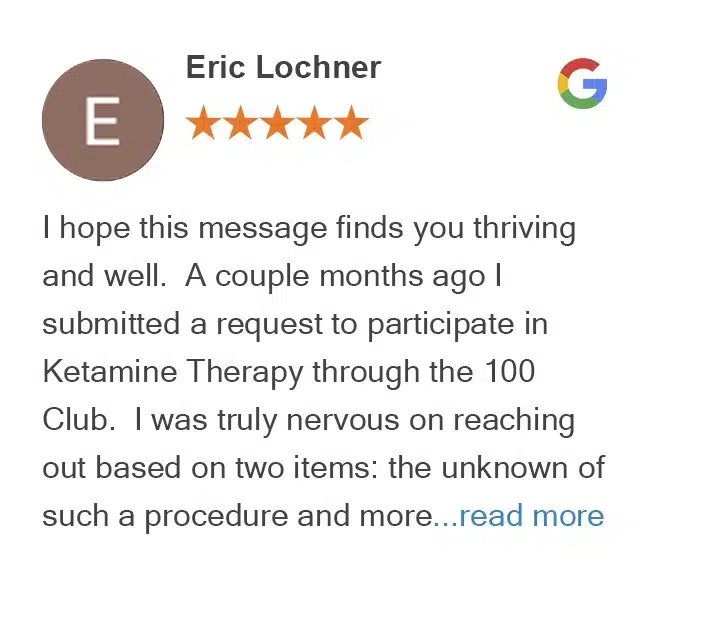
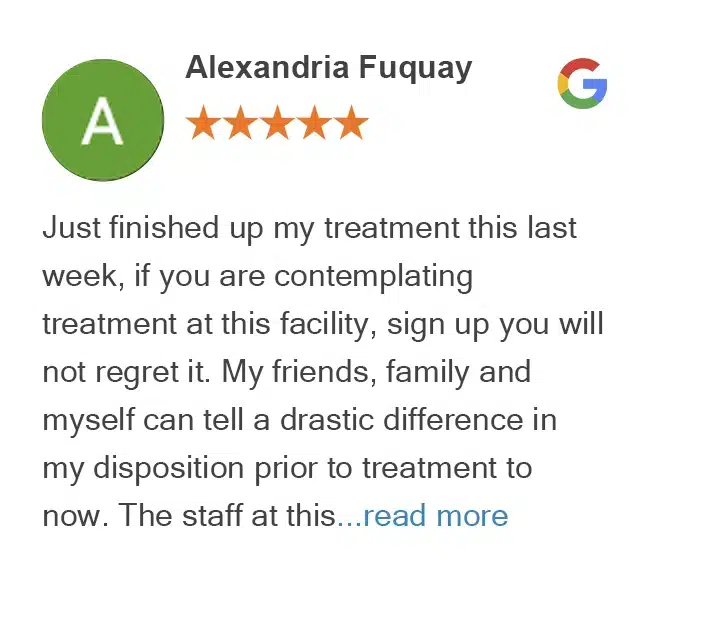

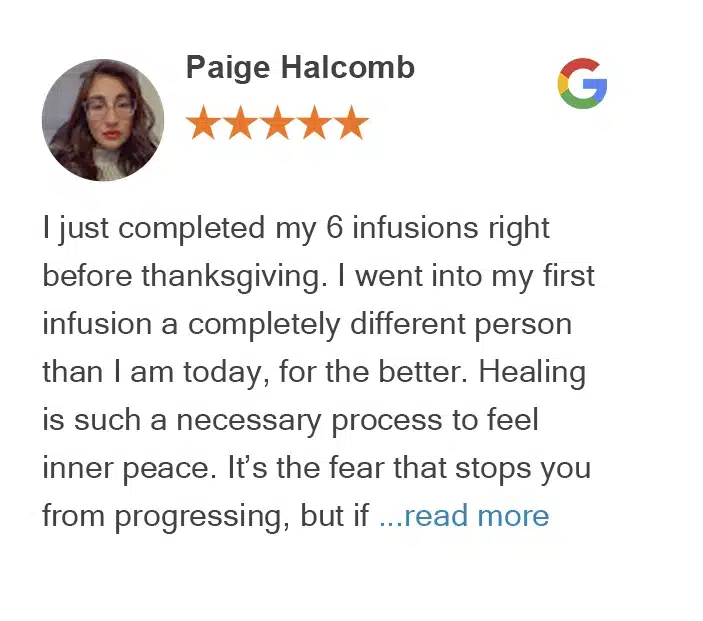

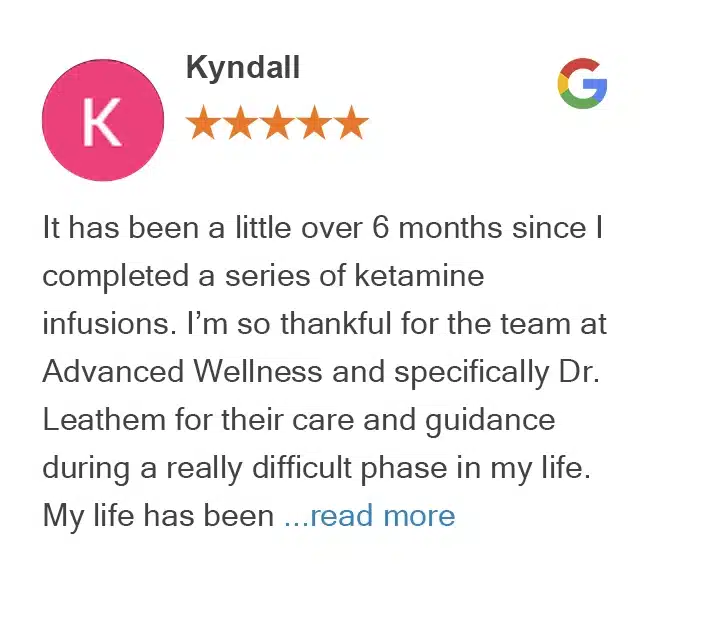
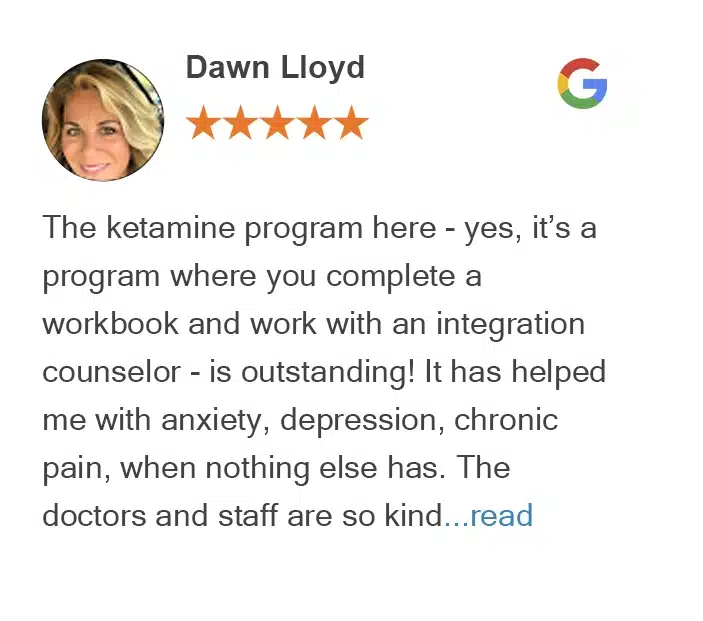

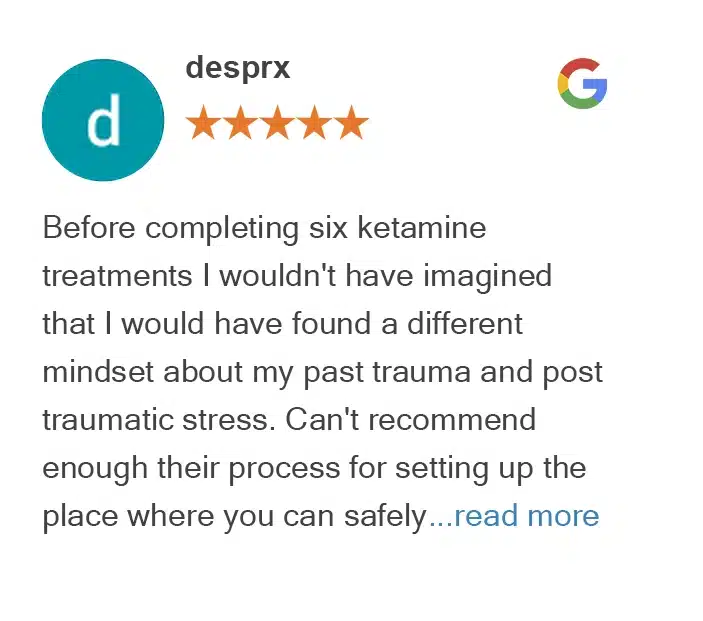

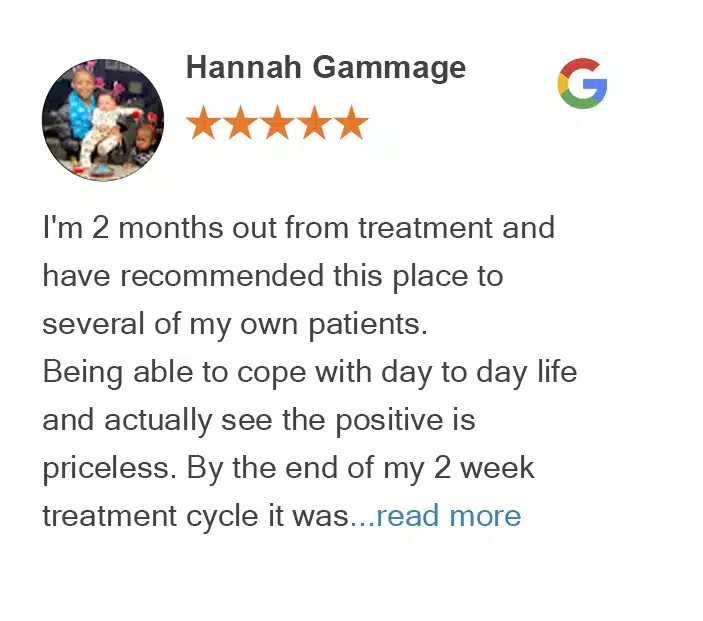

BOOK AN APPOINTMENT
We provide complimentary consultation on a phone call. One of our experienced doctors will discuss your concerns and provide guidance.
Call us on (480) 253-9710 (Scottsdale) or (480) 256-9322 (Gilbert), or fill the form below to receive a call back
